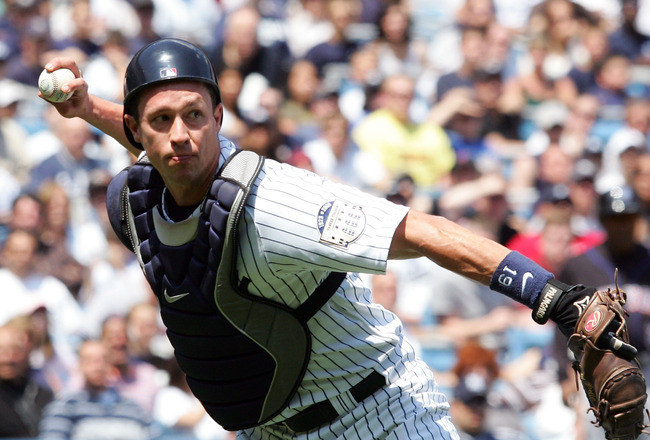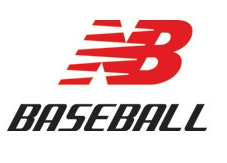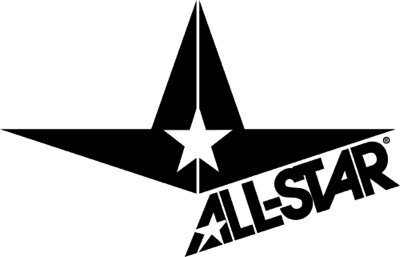 Continuing with our staff Q&A’s, here’s the second of three parts of Program 15 New Balance Future Stars Series lead writer Mike Ashmore’s chat with long-time major-league catcher Chad Moeller.
Continuing with our staff Q&A’s, here’s the second of three parts of Program 15 New Balance Future Stars Series lead writer Mike Ashmore’s chat with long-time major-league catcher Chad Moeller.
Moeller, the national catching coordinator for Program 15, played for the Minnesota Twins, Arizona Diamondbacks, Milwaukee Brewers, Cincinnati Reds, Los Angeles Dodgers, New York Yankees, and Baltimore Orioles over an 11-year career in the big leagues. He brings an exceptional wealth of knowledge to P15, and it was clear in speaking with him how truly intelligent he is in all aspects of the game.
Please enjoy part one of the conversation here, that focuses on Moeller’s involvement with P15, as well as the start of getting to discuss his playing career. Now, part two…
Mike Ashmore, Program 15: So, in getting to play for so many different teams, you also got to experience what it was like playing for those teams at different phases in where they were as a franchise. You made your big league debut with the Minnesota Twins in 2000, and were then dealt to the Arizona Diamondbacks just prior to the start of the following season, which was when they won the World Series. Did you know at the time that had the potential to be a special team?
Chad Moeller: “Well, I was with the Minnesota Twins, and in spring training of 2001, they traded me to the Diamondbacks. I had no idea, except for that they had a bunch of really big names on that team when I got there and met the team in Vegas for an exhibition game. All the players that I emulated as a hitter when I was younger or that you definitely know and have their rookie cards, and now you’re in the same clubhouse and none of them know who you are. They stood out. It was definitely uncomfortable the first day when you walk in and you don’t know a soul, but you know who everybody else is. It helped that I hit a home run in my first at-bat to kind of get people to at least welcome you a little bit more. It turned out to be a great group of players that had one common goal, which was to try and win a World Series. Basically, all the stars and big names, it wasn’t about the dollars at that point, they just wanted to win no matter what. They would sacrifice and do whatever. Guys wanted that ring, that’s all they cared about.”
P15: Winning that ring when it was all said and done, how does that stack up with what you’ve accomplished over your career?
CM: “It was definitely big, just as a learning experience. You don’t realize when you’re younger that those opportunities don’t always come and those situations don’t always come up. It was definitely a huge blessing. I finished last place with the Twins the year before, then the next year you’re in the World Series and you end up with a ring. It was a very different situation and it was definitely was one of the highlights of my career and for my family along with that. But there’s other moments that are up there as a group, but personally it’s hard to compare with that.”
P15: Your last year with Arizona (2003) and first year with Milwaukee (2004), those were the years were it seemed you like you got the bulk of your action as a big leaguer. To have performed well in a big sample size like that, how significant was that for your career going forward?
CM: “2002 was a big springboard for me, and then a lot of it started when Randy Johnson decided I was going to catch him. I carried that into 2003, and was having a great season; I went into the All-Star break still hitting over .300 and then I scuffled a little bit. I still ended up having a pretty solid year. It helped my name recognition as far as what I could do, what I could behind the plate and that I could hit offensively, which was the Twins biggest knock on me. That ended up getting me traded to the Brewers for Richie Sexson with six other guys…Milwaukee was a big one for me, but unfortunately I didn’t hit when I went there. It was my best opportunity, and I couldn’t capitalize offensively and couldn’t replicate what I did in Arizona in 2002 and 2003. I could never get it going the same way, and I became a backup as a result after 2004. I was known at that point as a catcher that could work a game and work a staff, but I missed my window from an offensive standpoint of being an everyday catcher.”














